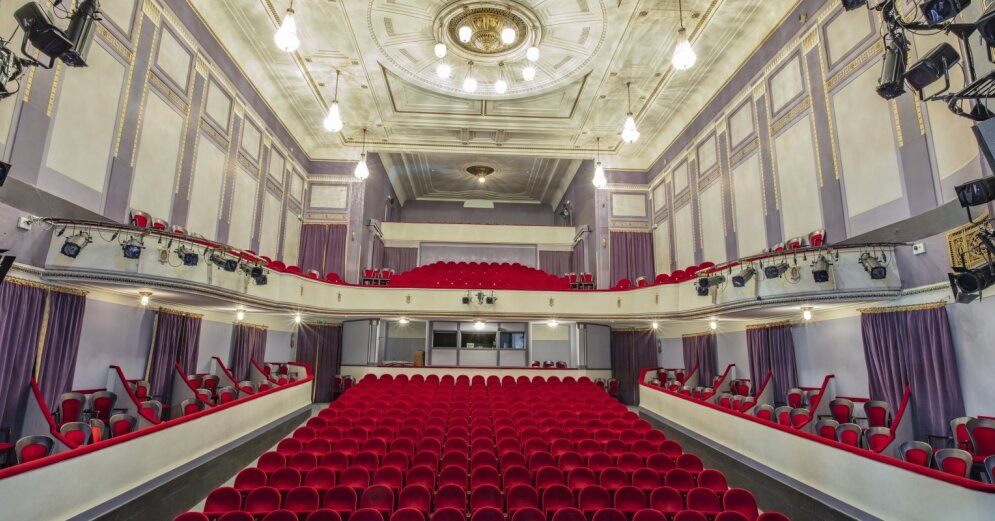Content will continue after the ad
Advertising
–
Cultural sites, including libraries, museums, archives, exhibition halls and cultural centers, can only be visited individually, with the exception of members of the same household. A one-way flow of visitors shall be ensured and the requirement that no more than 50% of the total possible number of people is allowed in the premises at the same time, which is allowed by the area and infrastructure available to visitors. One visitor shall be provided with at least 10 square meters of publicly available space and visitors shall be provided with publicly available information on the maximum number of persons who may be in the particular cultural site at the same time.
On weekends and public holidays, bookstores and press outlets, including shopping centers, will also be able to continue to provide social distance activities. At book and press outlets, 1 visitor will have to provide at least 10 square meters of public space, as well as information on the maximum number of people allowed in the room at the entrance.
Cultural education institutions that implement interest education, vocational education and vocational secondary education programs, as well as higher education institutions of culture and arts will work remotely. In higher education institutions and vocational secondary education institutions, only the acquisition of practical parts that are necessary for the acquisition of professional skills or qualifications and which cannot be performed remotely is allowed. Acquisition of interest education and vocational orientation educational programs takes place remotely, organizing only individual classes in person (except for persons living in one household) and classes for students of one educational institution group or class, who are not students of other groups or classes at the same time. on-site process. Collective music making is not allowed in person – choir singing and playing wind instruments.
Amateur art groups – choirs, orchestras, folk music ensembles, dance and other folk art groups – continue the rehearsal process remotely or in person only individually (except for people living in the same household).
“Ministry of Culture The tactics for dealing with an emergency are clear: any major restrictions on the cultural sector must go hand in hand with support mechanisms, as the sector has been working under greater or lesser restrictions all this time since its suspension in the spring. Both after discussing in the crisis management working group of the Ministry of Culture and after consulting with various industry groups and receiving estimates from our institutions, we are convinced that the models of action in certain support positions must be different from the spring. During this time, the emotional atmosphere becomes more and more tense, we feel it in our daily lives. We must maintain a rational vector, accept the new circumstances and act responsibly, without losing respect for each other, giving priority to the security of society as a whole. The task is very difficult, but we can do it, “emphasized the Minister of Culture Nauris Puntulis (VL-TB / LNNK).
In the opinion of the Ministry of Culture, support mechanisms should come along with new restrictions in the sector. Proposals on them will be forwarded for consideration next week to the steering group set up on behalf of the Prime Minister to support business and employees working under the Ministry of Finance.
Government decisions have been issued with the approval of the Cabinet of Ministers’ order “On Declaring a State of Emergency”.
–


